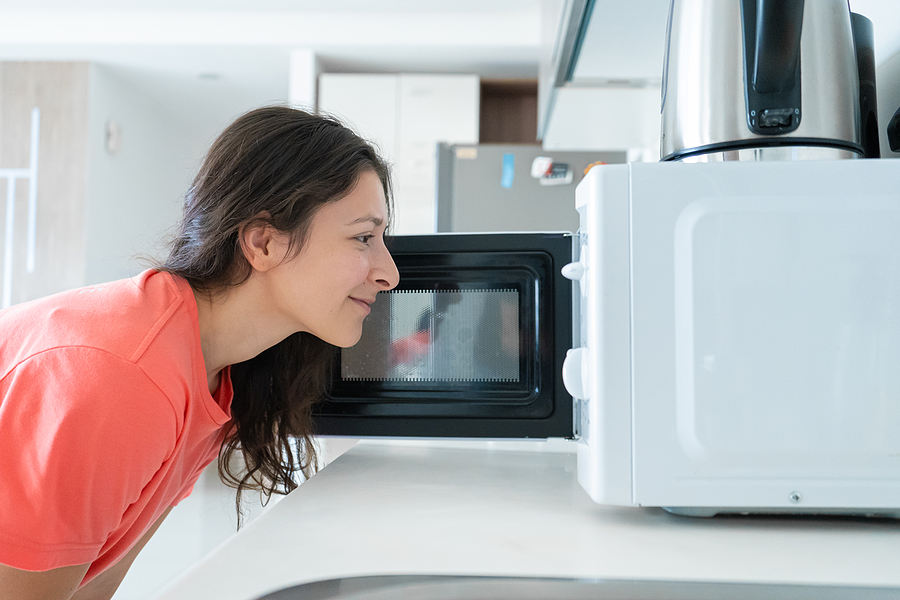
Introduction
The importance of proper care and usage of home appliances
In households around the world, **home appliances** play a crucial role in daily living. Ensuring their proper care and usage is essential to prolong their lifespan and maintain efficiency. By following manufacturer guidelines for installation, maintenance, and usage, individuals can prevent avoidable damage and costly repairs. Regular cleaning of filters, vents, and coils not only improves appliance performance but also contributes to a healthier indoor environment. Simple practices like defrosting freezers regularly or descaling coffee makers can significantly extend the longevity of these appliances.Common mistakes in caring for home appliances
However, many individuals unknowingly make common mistakes in the care of their **home appliances**. These include overloading washing machines causing strain on motors, neglecting to clean dryer vents leading to fire hazards, or using abrasive cleaners that damage surfaces. Failure to schedule routine maintenance checks can result in minor issues escalating into major malfunctions. Being mindful of these errors and adopting good habits can help maximize the efficiency and safety of home appliances.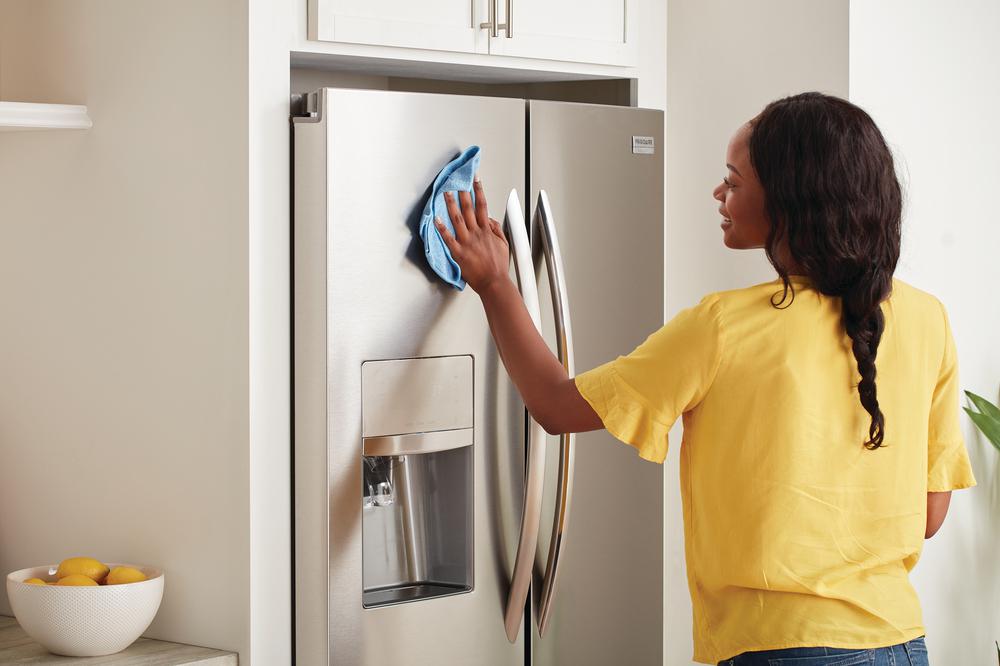
Refrigerator
Tips for maintaining and cleaning your refrigerator
Proper maintenance and cleaning of a refrigerator are essential to ensure its optimal performance. Regularly clean the coils at the back of the fridge to prevent dust buildup, which can hamper cooling efficiency. Check and replace door seals if damaged to maintain proper insulation, reducing energy consumption. Keep food items covered to avoid spillage, which can lead to unpleasant odors and bacterial growth inside the appliance. Defrost freezers when ice buildup exceeds 1/4 inch thickness to prevent strain on the unit.Understanding refrigerator energy usage
Refrigerators consume a significant amount of energy in households. To minimize energy usage, set the temperature between 37-40°F for refrigerators and 0-5°F for freezers. Avoid placing hot food directly into the fridge as it increases workload and energy consumption for cooling. Organize items efficiently inside the fridge to allow proper air circulation, reducing energy expenditure on maintaining internal temperatures.:max_bytes(150000):strip_icc()/how-to-disinfect-washer-and-dryer-d04a-2528c216c9b54ed991f3c6e9b31879a5.jpg)
Washing Machine
Best practices for using your washing machine efficiently
Maintaining and using a washing machine efficiently can prolong its lifespan. Use the appropriate amount of detergent to prevent residue buildup, which can affect the machine's performance. Sort laundry by fabric type and color to ensure proper washing cycles are selected, saving energy and water. Clean the lint trap/filter regularly to prevent blockages and improve drying efficiency. Avoid overloading the machine as it can strain the motor and result in incomplete cleaning.How to prevent mold and mildew in your washing machine
Preventing mold and mildew in a washing machine is essential for hygiene. Leave the door open after each use to allow moisture to evaporate, reducing the likelihood of mold growth. Run a cleaning cycle with vinegar or bleach monthly to sanitize the drum and remove any lingering odors. Wipe down rubber seals regularly to prevent moisture retention that promotes mold formation.:max_bytes(150000):strip_icc()/GettyImages-1218717258-184a08febf624bebb69770a01c586cdc.jpg)
Dishwasher
Proper loading techniques for an efficient dishwasher cycle
**Comparison of Proper Loading Techniques for Efficient Dishwasher Cycle**| Correct Technique | Incorrect Technique | ||||||
|---|---|---|---|---|---|---|---|
| Load dishes facing inward | Placing dishes in random directions | Separate silverware for even wash | Mixing silverware with plates | Allow space between items | Overcrowding to fit more dishes | Place bowls at an angle | Stacking bowls one over the other |
Cleaning and maintaining your dishwasher for longevity
**Cleaning and Maintaining Dishwasher Tips**| Cleaning Tip | Maintenance Tip | ||
|---|---|---|---|
| Run a cleaning cycle with vinegar monthly | Check and clean spray arms every 6 months | Remove debris from the filter and drain regularly | Inspect door seal for leaks and wear twice a year |
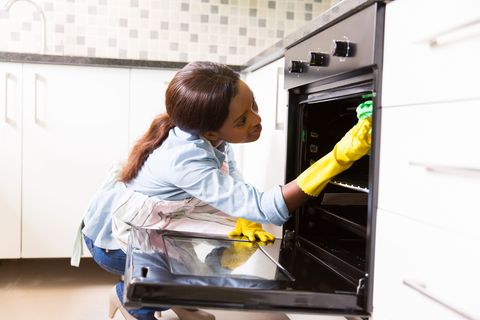
Oven and Stove
Cleaning hacks for a sparkling oven and stove
**Tips for Sparkling Oven and Stove**| Cleaning Hack | Maintenance Tip | ||
|---|---|---|---|
| Make a paste of baking soda and water for scrubbing | Regularly clean stovetop spills to prevent buildup | Use vinegar spray for grease removal | Wipe down oven door after each use to maintain cleanliness |
Avoiding fire hazards in the kitchen when using the oven and stove
**Fire Hazard Prevention Tips** \ < td > Keep flammable objects away from heat sources\ \ Avoid using damaged electrical cords \ Not monitoring food being broiled in the oven \ Allow proper ventilation during cooking processes\ \ Leaving combustible materials near a hot stovetop\ \ Clean up grease buildup to avoid flare-ups**| Safety Measure | Risk Factor |
|---|---|
| Avoid leaving cooking unattended | Leaving flammable items near the stove or oven |
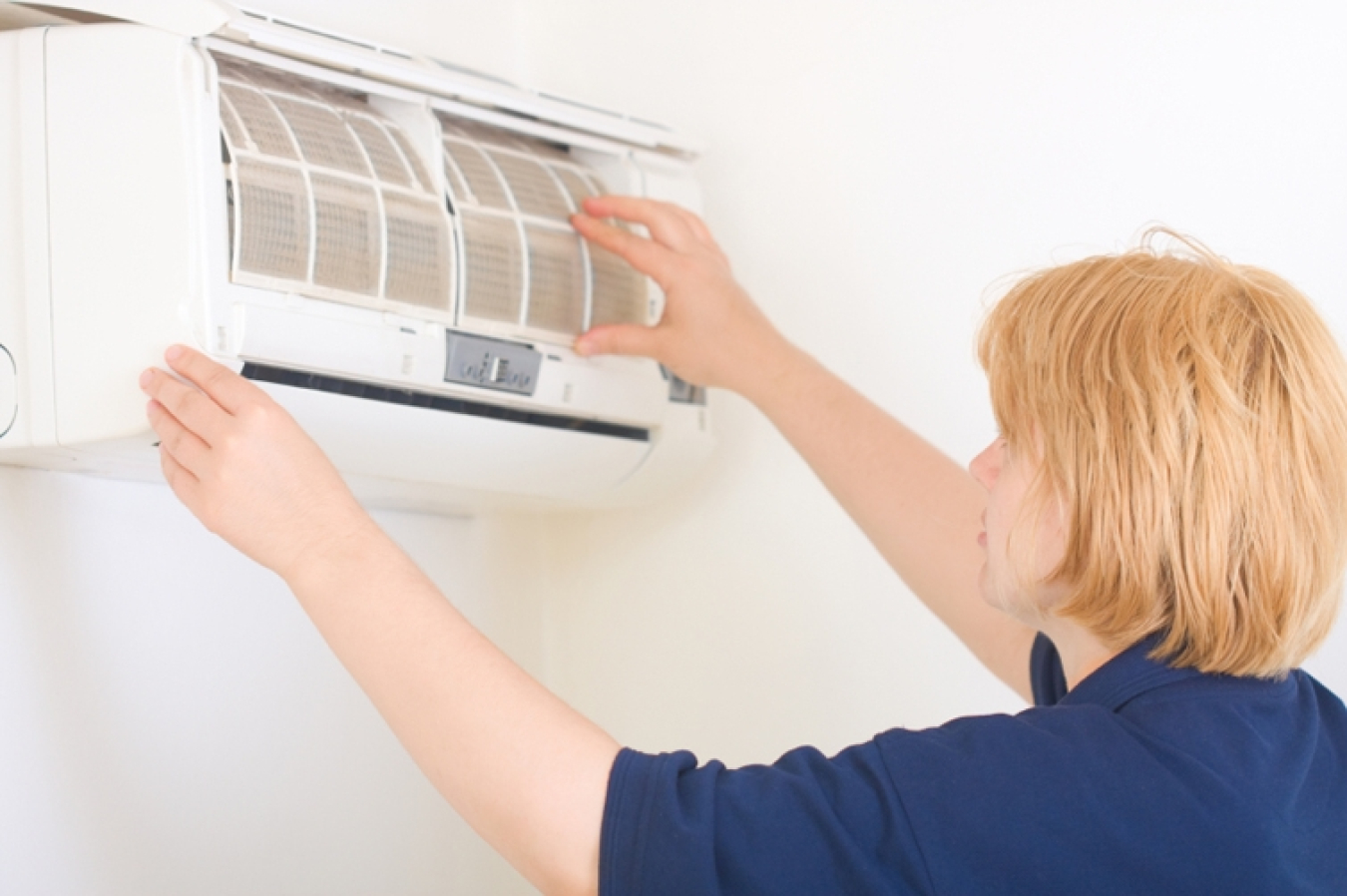
Air Conditioner
Filter cleaning and maintenance for optimal cooling efficiency
**Ensuring the Air Conditioner's Efficiency**Regularly cleaning and replacing air filters is essential to maintain optimal cooling efficiency. Clogged filters restrict airflow, making the system work harder and consuming more energy. It is recommended to clean or replace filters every 1-3 months, depending on usage.
Energy-saving tips when using your air conditioner
**Effective Energy Saving Practices**To save on energy costs, consider setting the thermostat at an optimal temperature (around 78°F/25°C) when at home and raising it when away. Utilize ceiling fans to help circulate cool air efficiently. Additionally, ensure all windows and doors are properly sealed to prevent cool air from escaping, thus maximizing energy efficiency.

Coffee Maker
Regular cleaning routines for a better tasting coffee
**Effective Maintenance Methods**Maintaining a clean coffee maker is crucial for producing quality, great-tasting coffee. **Regularly descaling** the machine with a vinegar solution helps remove mineral buildup that affects the flavor. It's advisable to **clean removable parts after each use**, such as the carafe and filter basket, to prevent rancid oils from spoiling your brew. Additionally, running a cycle with water and baking soda can help eliminate any lingering odors or residues.
Troubleshooting common issues with coffee makers
**Common Coffee Maker Problems**If your coffee maker is experiencing issues, first ensure it's properly plugged in and that all components are correctly assembled. **Check the water reservoir** for proper fill level and cleanliness. If your machine is brewing slowly, it may indicate a clog that needs clearing. Lastly, if you notice unusual tastes in your coffee, consider replacing the filters or deep cleaning the unit following manufacturer instructions.
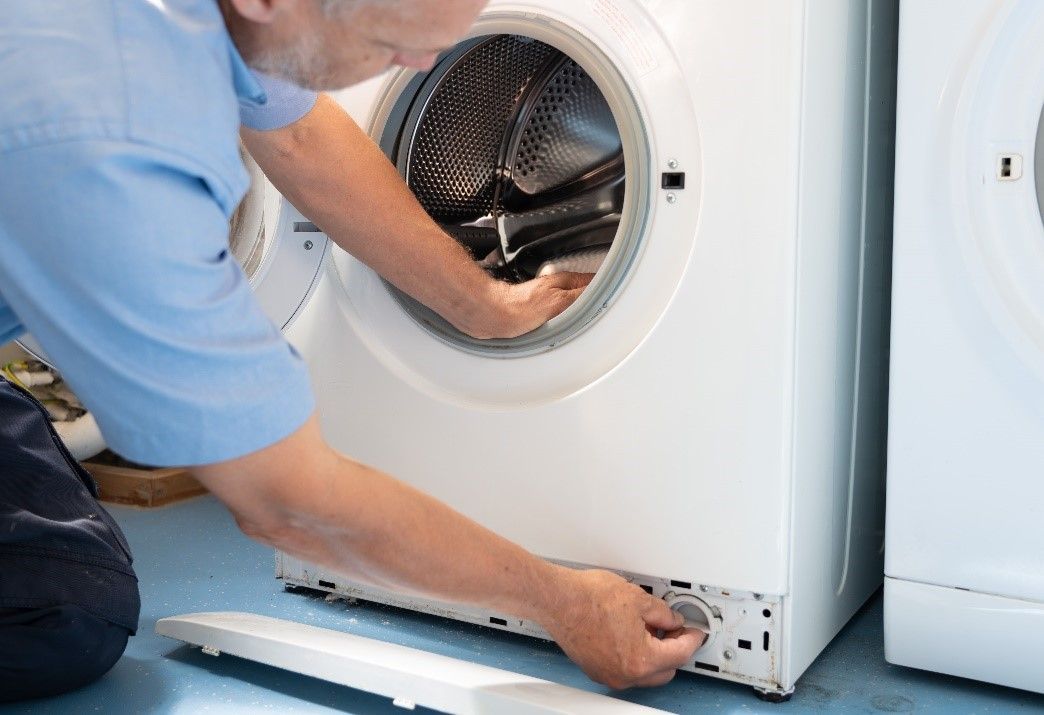
Coffee Maker
Regular cleaning routines for a better tasting coffee
**Effective Maintenance Methods**Maintaining a clean coffee maker is crucial for producing quality, great-tasting coffee. **Regularly descaling** the machine with a vinegar solution helps remove mineral buildup that affects the flavor. It's advisable to **clean removable parts after each use**, such as the carafe and filter basket, to prevent rancid oils from spoiling your brew. Additionally, running a cycle with water and baking soda can help eliminate any lingering odors or residues.
Troubleshooting common issues with coffee makers
**Common Coffee Maker Problems**If a coffee maker experiences issues, checking if it's properly plugged in and all components are correctly assembled should be the first step. **Ensuring the water reservoir** is filled correctly and kept clean is essential. Brewing slowly may indicate a clog that needs clearing. Unusual tastes could suggest replacing filters or deep cleaning following manufacturer instructions.
0 Comments